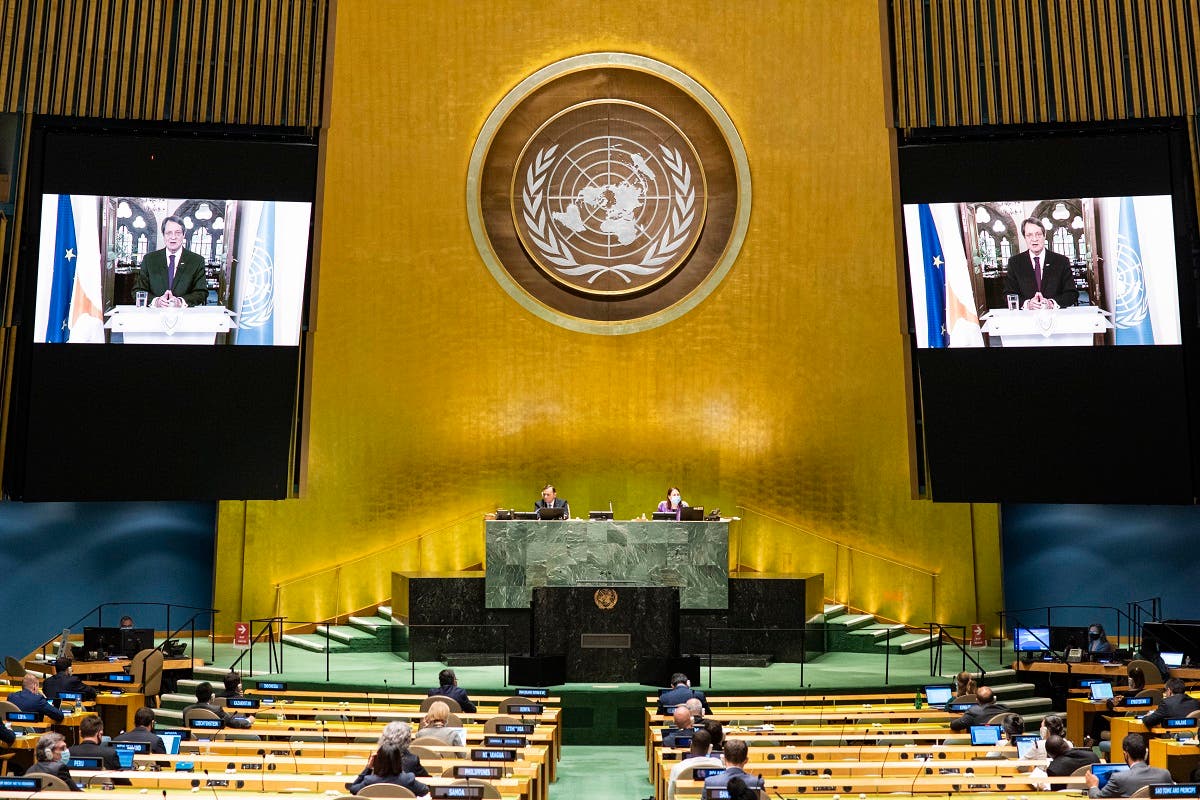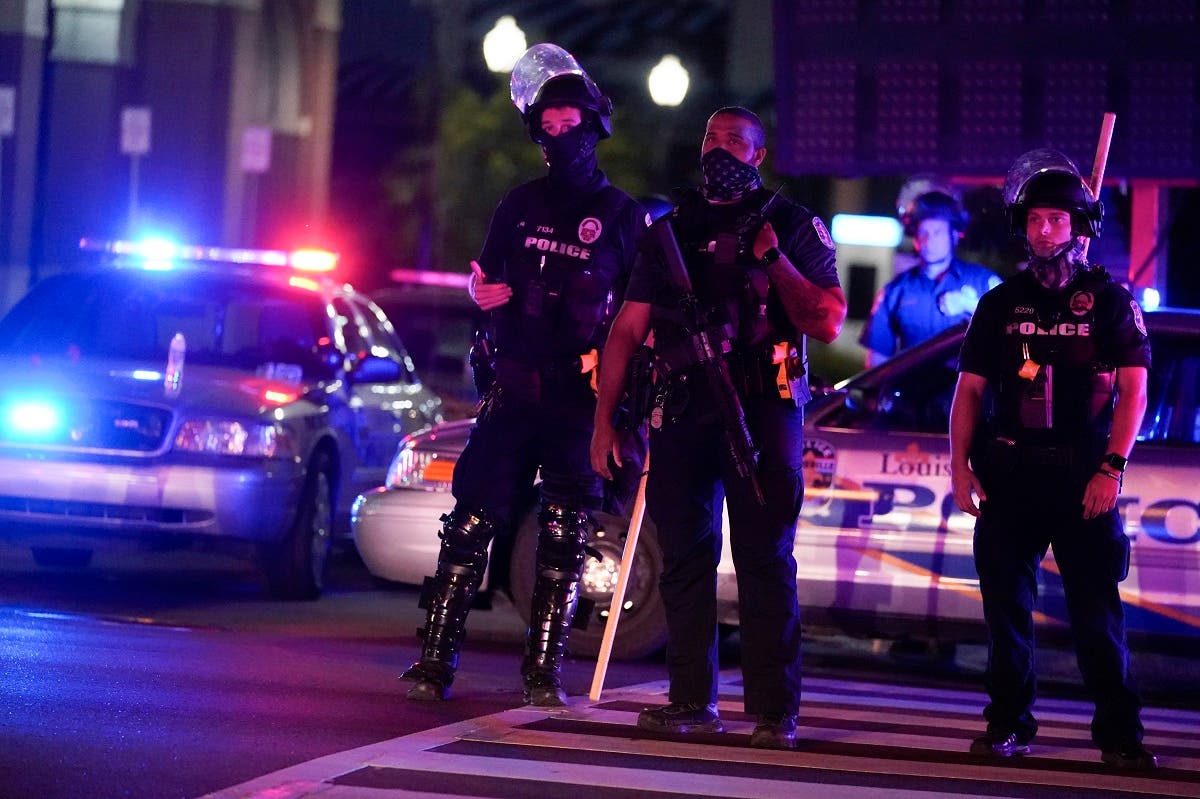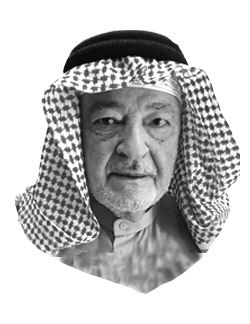Despite living in a time of existential crisis, humans sadly no longer trust institutions – or each other. We must rebuild this trust in a global human society, or else.
 Cypriot President Nicos Anastasiades virtually addresses the UN General Assembly, Sept. 24, 2020, in New York. (AFP)
Cypriot President Nicos Anastasiades virtually addresses the UN General Assembly, Sept. 24, 2020, in New York. (AFP)
 Police stand on the street moments before curfew, Thursday, Sept. 24, 2020, in Louisville, Ky. (AP)
Police stand on the street moments before curfew, Thursday, Sept. 24, 2020, in Louisville, Ky. (AP)
The article first appeared on Al-Arabiya
Statements, comments or opinions published in this column are of those of the author(s) and do not necessarily reflect the editorial policy of Warsan magazine. Warsan reserves the right to moderate, publish or delete a post without prior consultation with the author(s). To publish your article or your advertisement contact our editorial team at: warsan54@gmail.com


